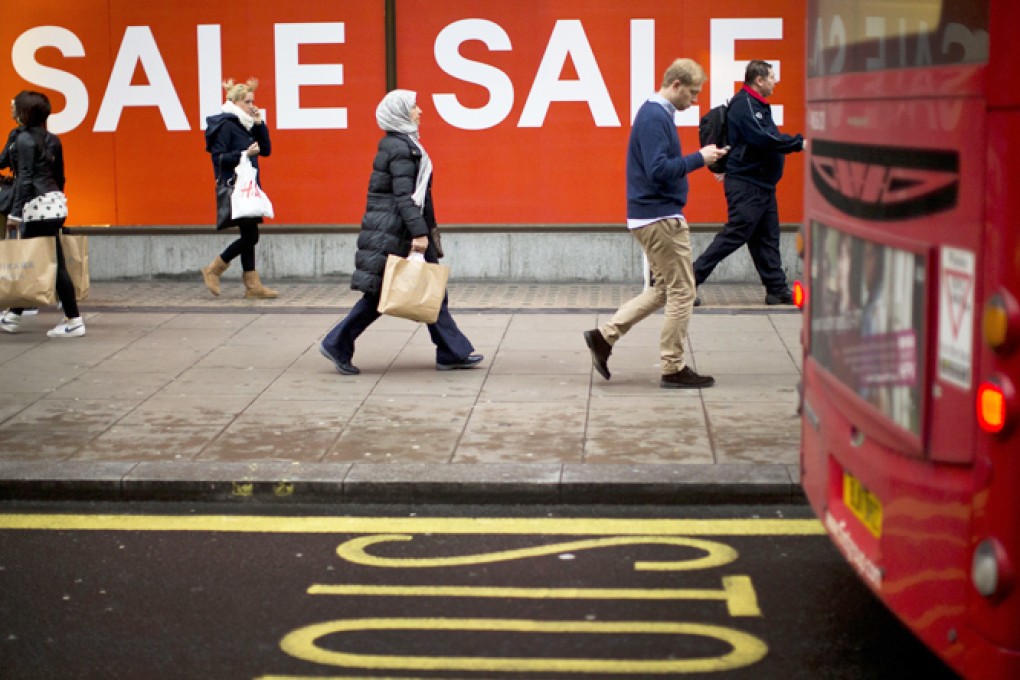Scarred by the financial crisis, families around the world play safe with their money
Pulling back from stocks and shunning debt, they have cut spending and put cash in savings and bonds

Five years after US investment bank Lehman Brothers collapsed, triggering a global financial crisis and shattering confidence worldwide, families in major countries around the world are still hunkered down, too spooked and distrustful to take chances with their money.
An Associated Press analysis of households in the 10 biggest economies shows that families continue to spend cautiously and have pulled hundreds of billions of US dollars out of stocks, cut borrowing for the first time in decades and poured money into savings and bonds that offer puny interest payments, often too low to keep up with inflation.
“It doesn’t take very much to destroy confidence, but it takes an awful lot to build it back,” says Ian Bright, senior economist at ING, a global bank based in Amsterdam. “The attitude towards risk is permanently reset.”
A flight to safety on such a global scale is unprecedented since the end of the second world war. The implications are huge. Shunning debt and spending less can be good for one family’s finances. When hundreds of millions do it together, it can starve the global economy.
Weak growth around the world means wages in the United States, which aren’t keeping up with inflation, will continue to rise slowly. Record unemployment in parts of Europe, higher than 35 per cent among youth in several countries, won’t fall quickly. Another wave of Chinese, Brazilians and Indians rising into the middle class, as hundreds of millions did during the boom years last decade, is unlikely.
